Strategic Staffing Solutions & Tricentis Sign Master Alliance Agreement
August 28, 2024
Upskilling and Reskilling Strategies: The Key to Bridging Workforce Skill Gaps
April 1, 2025
The Power of Corporate Culture: Why It’s the Foundation of Success
Strategy, innovation, and operational efficiency are essential in business. But none of them can thrive without the right corporate culture. Culture isn’t just a set of values written in a handbook; it’s the collective behavior, mindset, and attitudes that define how an organization operates. Strategic Staffing Solutions (S3) has fully internalized the old saying, “culture eats strategy for lunch,” meaning no matter how strong a business plan is, it will only be as effective as the culture that supports it.
Defining Corporate Culture
Corporate culture is the heartbeat of an organization. It shapes how employees interact, how decisions are made, and how a company responds to challenges and opportunities. It’s not just about perks or mission statements—it’s about creating an environment where people feel valued, empowered, and aligned with a shared purpose.
Your corporate culture equates to the behavior you’re willing to accept across your organization. Whether it’s fostering collaboration, promoting ethical leadership, or encouraging innovation, culture sets the boundaries of what is expected and what is tolerated.
Why Culture Matters More Than Ever
- Culture Drives Performance
A positive corporate culture leads to higher employee engagement, productivity, and retention. When employees feel connected to their organization’s mission and values, they bring their best selves to work, driving business success from the inside out. - Culture Shapes Reputation
Customers and clients don’t just buy products and services—they buy into the values and integrity of the company behind them. A strong, ethical culture fosters trust and credibility, differentiating a business in competitive markets. - Culture Attracts and Retains Talent
Top talent isn’t just looking for a paycheck—they’re looking for a company where they feel respected, challenged, and aligned with the mission. Organizations with strong cultures attract passionate employees who stay and grow with the business. - Culture Fuels Adaptability
Markets evolve, technologies change, and business strategies must shift—but an organization with a strong culture remains resilient. Companies with a culture of innovation, inclusion, and continuous learning can adapt quickly to disruptions and seize new opportunities.
The Bottom Line
A strong corporate culture isn’t just a “nice-to-have”—it’s a business imperative. At S3, we’ve seen firsthand how organizations with intentional, people-centered cultures outperform those that treat culture as an afterthought. By investing in the right behaviors, values, and leadership, companies can build a culture that not only supports strategy but amplifies it.
After all, when culture and strategy align, success follows.
How does your organization define and reinforce its corporate culture? We’d love to hear your thoughts!



